Authors Introduction

0.1 In the name of God, full of compassion, ever compassionate. Lord, ease my task.

0.2 . The author of this work, the learned judge Ab Al al-Muassin, son of Judge Ab l-Qsim Al ibn Muammad ibn Ab l-Fahm al-Tankh, may God Exalted show him compassion, says: Praise God, Who has made deliverance follow adversity, comfort and relief follow loss and constraint, Who lets no trial be devoid of gain, no blow be devoid of blessing, and Who makes all calamities and bereavement yield bountiful gifts. God bless the chief of all His emissaries, Muammad, Seal of the Prophets, and his noble kin.

0.3 .
Now I come to my topic. I have seen that humankinds passage through this world is an alternation of good and ill, profit and loss, and that in good times nothing is more profitable than thankfulness and praise, and in bad times nothing more salutary than acceptance and prayer, since if God lets a sufferer outlive his trials, once His generosity and mercy have preserved him from his woes, they will seem, in the words of a bygone poet (al-Aghlab al-Ijl according to some): A sea of troubles; but it withdraws, ebbs, and comes not back again or: A sea of troubles; but it withdraweth, ebbeth, and cometh not back again. Blessed, therefore, are those to whom it is granted in both good times and bad to behave as befits.  0.4 . . To those enduring fates injuries, nothing, I find, affords more powerful solace than reading accounts of Gods graciousness, Mighty and Glorious is He, toward those who have previously suffered the same plight and undergone the same tribulations and perplexities, for they show how those at their last gasp have been preserved through the working of His ordinance, those sore beset succored, or saved by an extraordinary grace, or freed by a marvelous deliverance that made all come right again.
0.4 . . To those enduring fates injuries, nothing, I find, affords more powerful solace than reading accounts of Gods graciousness, Mighty and Glorious is He, toward those who have previously suffered the same plight and undergone the same tribulations and perplexities, for they show how those at their last gasp have been preserved through the working of His ordinance, those sore beset succored, or saved by an extraordinary grace, or freed by a marvelous deliverance that made all come right again.
How these things came to pass may not be evident; what happened may not be susceptible to reasoning or calculation. Nevertheless, knowing that such things have happened hones the sufferers perception of what acceptance of Gods will means. His resolve to consign himself to the Lord Omnipotent is strengthened. He sees that his proper course is to love Him with all his heart and commit himself to the One in Whose hand lies the governance of all creatures. And so it often happens that God Exalted, understanding that His friend and servant has placed all his hope in Him, will not leave him to his own endeavors, is pleased not to let him struggle alone under his burden, and does not withhold from him His kindly providence. In this book, if God Almighty wills, I shall gather accounts of this sort, which I hope will open out the breasts of the discerning when adversity and mishaps befall them.
As a result of trials that have overtaken me, I have been through experiences that make me feel for my fellow sufferers and move me to exert myself to relieve the sorrows of others who are afflicted.  0.5 . In the course of one such trial, I came across five or six folios put together by Ab l-asan Al ibn Muammad al-Madin to which he had given the title The Book of Deliverance following Adversity and Straits. All the items it contained were on this theme, and I thought it was good, but too slim to be more than a random sample. He did not organize the contents by topic, as he might have done, or compose chapters of any length. I do not know why he failed to do so.
0.5 . In the course of one such trial, I came across five or six folios put together by Ab l-asan Al ibn Muammad al-Madin to which he had given the title The Book of Deliverance following Adversity and Straits. All the items it contained were on this theme, and I thought it was good, but too slim to be more than a random sample. He did not organize the contents by topic, as he might have done, or compose chapters of any length. I do not know why he failed to do so.
Perhaps he meant to pioneer the genre but could not be bothered to compile all the relevant traditions he knew, and intended his small amount of material to serve as a door opening the way.  0.6 . : . I also came upon a book by Ab Bakr Abd Allh ibn Muammad Ibn Ab l-Duny, which he called The Book of Deliverance. It is about twenty folios long, and consists mostly of reports about the Prophet, God bless and keep him and his kin, and accounts of the Companions and Successors, God show them compassion. Some were relevant, or not irrelevant, to my own undertaking; but the rest consisted of reports and accounts concerning prayer, acceptance, trusting in God to provide, and compensation for misfortunes.
0.6 . : . I also came upon a book by Ab Bakr Abd Allh ibn Muammad Ibn Ab l-Duny, which he called The Book of Deliverance. It is about twenty folios long, and consists mostly of reports about the Prophet, God bless and keep him and his kin, and accounts of the Companions and Successors, God show them compassion. Some were relevant, or not irrelevant, to my own undertaking; but the rest consisted of reports and accounts concerning prayer, acceptance, trusting in God to provide, and compensation for misfortunes.
There were also thoughts on death, and various kinds of consolation and solace for use on occasions of deep sorrow and when grievous accidents and cares befall, telling of the reward these things earn in the hereafter, and how in this life they should be met with a stout heart. In my opinion none of this has anything to do with deliverance following adversity, and there is no place for it in a book of which that is the sole topic. Ibn Ab l-Dunys book contains a few bits of poetry. He transmits a very small part of al-Madins material, but substitutes his own chains of transmitters for al-Madins.  0.7 . : . : .
0.7 . : . : .
I have also read a work by Judge Ab l-usayn Umar, son of Judge Ab Umar Muammad, whose father was Judge Ysuf, may God show them all compassion. It is fifty folios long, and he entitled it The Book of Deliverance following Adversity. It contains most of al-Madins material, together with additional items, which are largely padding and are all, in my opinion, beside the point and irrelevant. He inserted a few lines of poetry from sources that could have yielded much more, and included none of Ibn Ab l-Dunys material. I do not know if this was by design or because he did not know his book.  0.8 .
0.8 .
I noticed, however, that neither Ibn Ab l-Duny nor Judge Ab l-usayn mentions that al-Madin wrote a book on the subject. It would be strange if neither of them knew about it, and stranger still if they deliberately kept quiet about it in order to promote their own books by concealing his. At all events, they were happy enough to borrow versions of the title of al-Madins book without reproducing it exactly. No doubt each believed he had a better claim to it by virtue of having included more material than al-Madin. If this is deemed to set a valid and binding precedent, then it follows that anyone who collects more material than they did must have a better claim to what they labored to set down.  0.9 .
0.9 .
That is one reason why I have been eager to compose a book that contains more on the topic than any previous work and is more detailed, pertinent, analytical, and intelligible. Unlike my predecessors, I organize my matter thematically, and again unlike them, I arrange it coherently, whereas they lumped everything together, which is apt to bore and irk listeners and readers. I have chosen to classify my materials and divide them into chapters, so that anyone comparing the four books will admire mine all the more, and to assign quotations from my three precursors books to the appropriate chapters in my own. I have left out what I thought irrelevant or best omitted and substituted more suitable and relevant items that have not been cited before. I acknowledge my predecessors whenever I quote from them.  0.10 .
0.10 . 

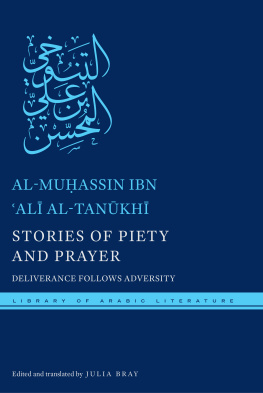
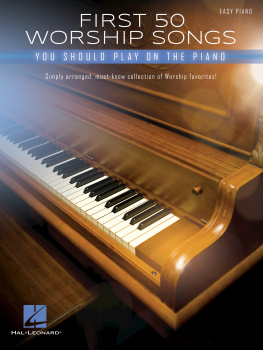
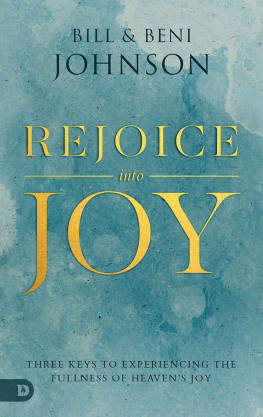
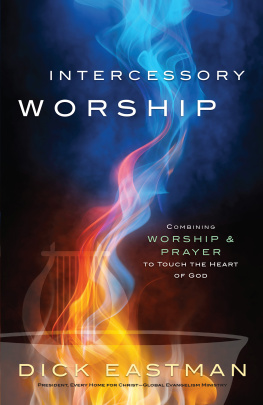

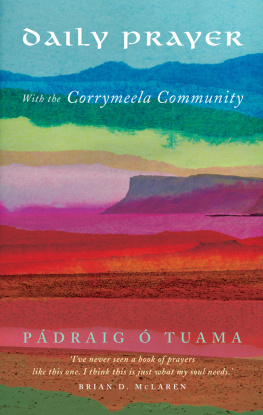
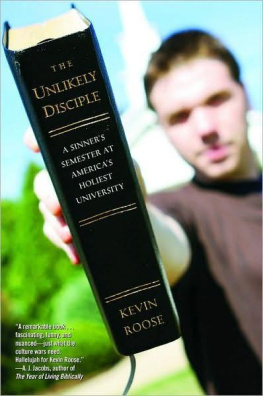


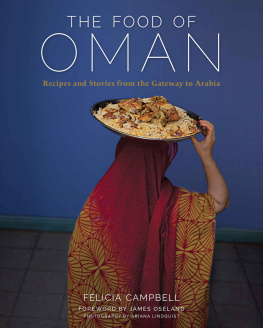
 0.1 In the name of God, full of compassion, ever compassionate. Lord, ease my task.
0.1 In the name of God, full of compassion, ever compassionate. Lord, ease my task.